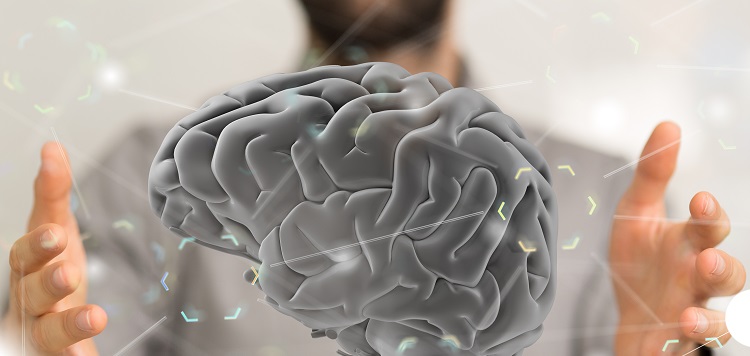The human brain has long been an enigma, inspiring speculation and inquiry for centuries. Neuroscience research has provided a wealth of insights into the workings of the brain, but the field has taken an exciting turn in recent years with the emergence of two powerful technologies: virtual reality (VR) and artificial intelligence (AI). The combination of VR and AI has the potential to revolutionize our understanding of the brain and transform the treatment of mental health disorders. In this article, we will explore the ways in which VR and AI are changing neuroscience research and what the future may hold.
Virtual reality technology for neuroscience research
Virtual reality technology has made tremendous strides over the past decade, and it is transforming neuroscience research in several ways. VR provides an immersive and interactive environment that allows researchers to study the human mind in unprecedented ways. Some of the benefits of using VR technology in neuroscience research include:
- Creating realistic and controlled environments: VR allows researchers to create realistic environments that can be manipulated and controlled. For example, researchers can simulate dangerous or stressful situations to observe how the brain responds.
- Enhancing the experience: VR technology can be used to provide a multi-sensory experience that enhances the research experience. For example, research subjects can wear a VR headset that projects a 360-degree view of an environment while also experiencing smells, sounds, and touch.
Artificial Intelligence in Neuroscience Research
Artificial intelligence technology is also transforming neuroscience research in powerful ways. AI has advanced data analysis, pattern recognition, and predictive modeling capabilities that can help researchers to understand complex neurological data. Some of the benefits of using AI in neuroscience research include:
- Processing vast amounts of data: Neuroscience research generates a tremendous amount of data, which can be difficult for researchers to analyze manually. AI-driven algorithms can process large amounts of data quickly, identifying trends and correlations that would be impossible for humans to detect manually.
- Analyzing complex data: Neurological data is often complex and difficult to understand. AI algorithms can help researchers to understand this data by detecting patterns and relationships that are not easily recognizable.
The combined use of virtual reality and artificial intelligence
The combination of VR and AI technologies is a potent tool for neuroscience research. The combination of AI and VR can help researchers create more realistic and controlled environments that are better suited to understanding complex neurological data. With the use of AI, researchers can better understand how the brain responds to various stimuli by analyzing the neurological data generated by VR experiences.
Virtual reality therapy for mental health
VR-based therapy has emerged as a promising tool for the treatment of mental health disorders. Virtual reality therapy provides a safe and controlled environment for patients to confront and overcome their fears, phobias, and anxiety disorders. Some of the benefits of using virtual reality therapy include:
- Safe and controlled environment: Virtual reality therapy provides a safe and controlled environment for patients that can be customized to meet their individual needs.
- More effective treatments: Virtual reality therapy has been shown to be more effective than traditional therapies for some mental health disorders. For example, virtual reality exposure therapy has been found to be effective in treating post-traumatic stress disorder (PTSD).
Personalized therapy with AI-driven technologies
AI-driven technologies can personalize therapy, tailoring treatments to individual needs and monitoring progress in real-time. Personalized therapy with AI-driven technologies has several benefits, including:
- Customized treatment plans: AI algorithms can use patient data to create personalized treatment plans based on the individual’s needs.
- Real-time monitoring: AI can monitor a patient’s progress in real time, helping clinicians adjust treatment plans as needed.
Addressing issues of privacy, data security, and informed consent
As with any emerging technology, the use of VR and AI in neuroscience research raises issues related to privacy, data security, and informed consent. It is essential to address these issues carefully to ensure that the benefits of VR and AI-driven neuroscience research are realized without compromising the rights and well-being of the participants.
Limitless possibilities for the future
The future of VR and AI in neuroscience research is full of possibilities. We can expect to see even more profound insights into the human mind and groundbreaking innovations in mental health treatment. The marriage of VR and AI in neuroscience has the potential to transform not only our understanding of the brain but also the way we approach mental health and well-being in the 21st century.
The combination of virtual reality and artificial intelligence technologies has opened up exciting new possibilities in neuroscience research. By creating an immersive, data-rich environment that can be customized to individual needs, we are on the cusp of a revolution in mental health research and treatment. While there are still challenges that need to be addressed, the future of VR and AI in neuroscience research is full of limitless potential. We can look forward to a future where we understand the brain better and are able to improve mental health outcomes for millions of people.

